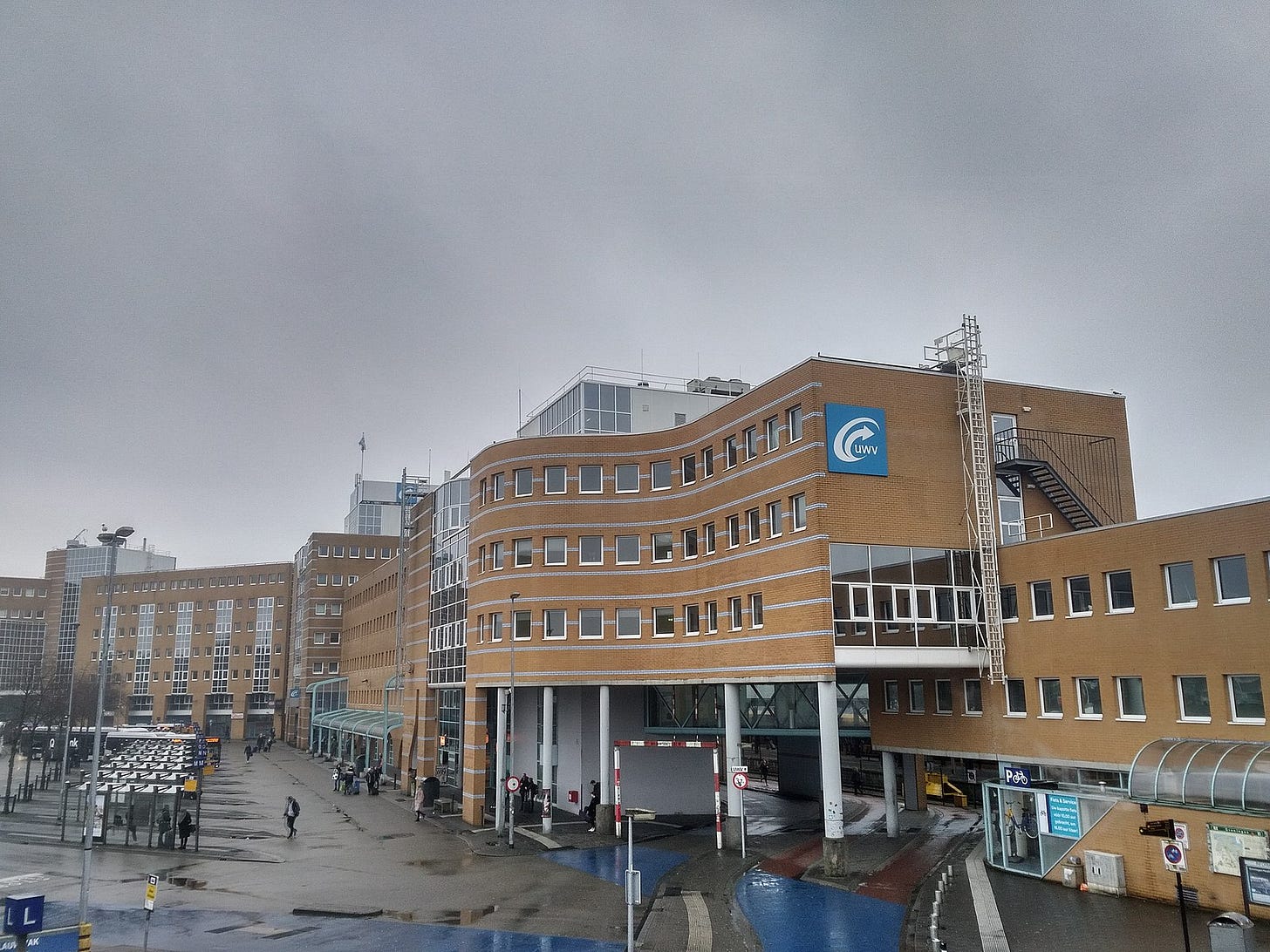Job Growth in Groningen Expected to Remain Limited Until 2027
Despite moderate economic growth, the number of new jobs in Groningen will remain limited in the coming years, according to the latest labour market forecast by the UWV.
Between 2024 and 2027, Groningen is projected to gain only 9,700 new employee jobs, a modest 2.8% increase, bringing the total to around 363,400 jobs. This limited growth comes despite the Central Planning Bureau (CPB) forecasting an average annual economic growth of 1.6% during the same period. While higher wages and lower inflation are expected to improve purchasing power and boost household consumption, this economic activity will not translate into significant job creation.
Technology and Tight Labour Market Reshape Hiring
The UWV highlights that many employers are responding to ongoing staff shortages by adopting creative and technological solutions, like automation and artificial intelligence, rather than hiring more employees. This trend is particularly visible in sectors like specialist business services, construction, and healthcare.
Although labour market tightness has passed its peak, employers still face challenges in hiring. Much of the demand for workers comes from the need to replace retiring staff, rather than expand the workforce. The labour market's tightness is also reshaping employment types: stricter enforcement against bogus self-employment is pushing more individuals from freelance roles into formal employment.
Key Sectors of Growth and Concern
Three sectors are expected to drive most of the limited job growth in Groningen:
Healthcare & Welfare: Already the region's largest employer, accounting for over 23% of employee jobs.
Construction: Anticipated to grow, though still hampered by issues such as nitrogen regulations, electricity grid congestion, and long planning procedures.
Specialist Business Services: Though representing just over 5% of jobs, this sector—comprising consultancies, engineering, and legal services—is expected to expand steadily.
By contrast, job losses are projected in temporary employment agencies, industry, wholesale trade, and education.
Regional Cooperation and Infrastructure
To support labour market adaptability, a new regional employment infrastructure will be introduced in 2026, with 2025 acting as a transition year. A Regional Council—consisting of municipalities, UWV, education partners, and social partners—will coordinate efforts. Each labour market region will also establish a "Work Centre" as a one-stop hub for citizens and employers seeking assistance with jobs, training, and career development.
Outlook
Overall, the UWV expects Groningen's economic growth through 2027 to be met with cautious hiring strategies. Most companies will rely on increased productivity and digital tools rather than significantly expanding their staff, emphasising the need for regional collaboration and long-term planning to sustain job opportunities in a changing labour landscape.





